jewish burial customs 24 hours
Typically it takes place in a synagogue funeral home or graveside. Traditionally a Jewish burial is supposed to take place within 24 hours of death.

A Simple Guide To The Timeline Of Jewish Mourning
Orthodox Jewish funeral etiquette says that the family should be left to mourn their loss.
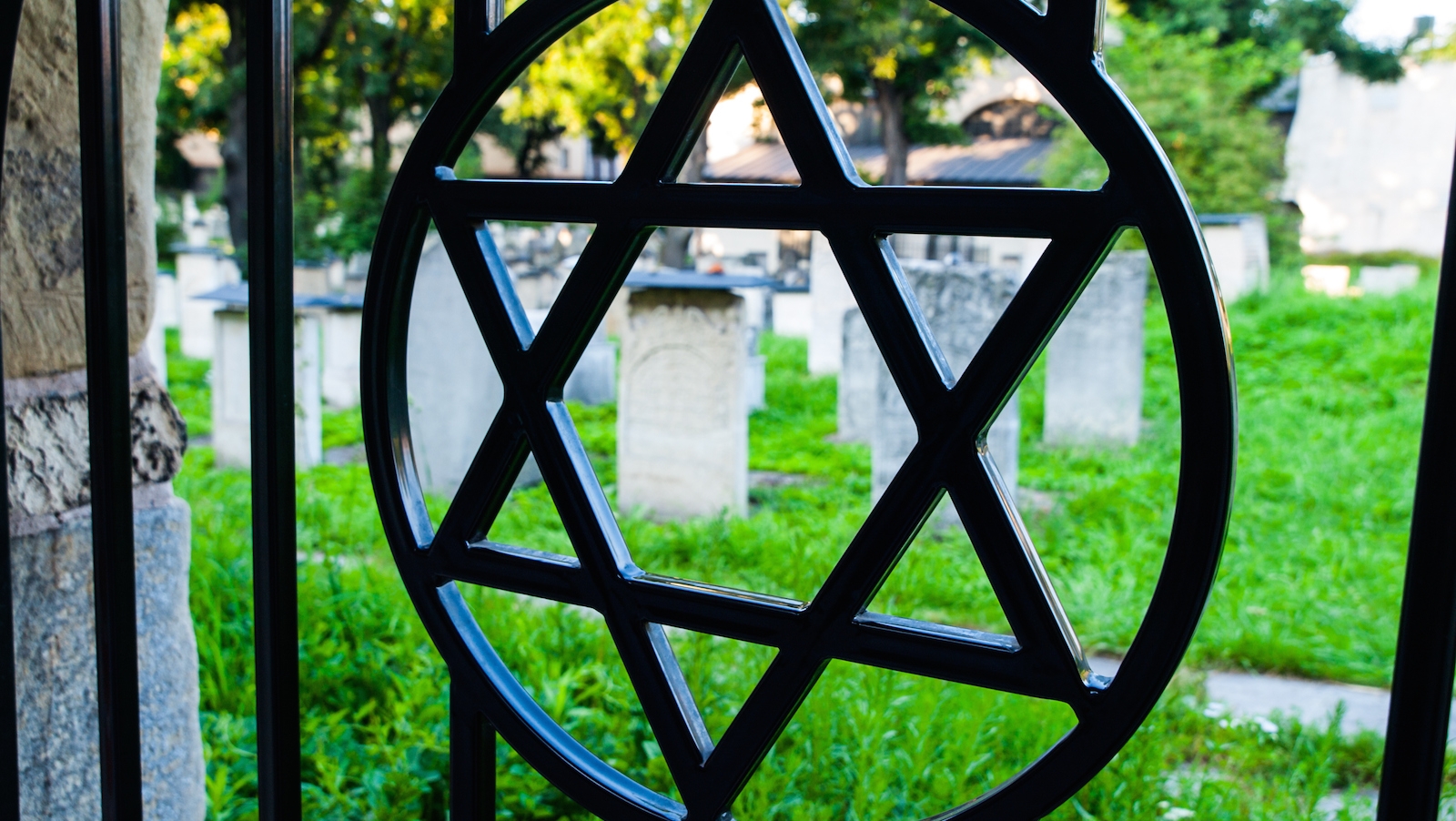
. Jewish funeral service rituals and practices have traditionally followed a strong set of customs and beliefs which are based on the Torah. Here are a few common Jewish burial customs and Jewish death rituals. There is no public viewing of the body.
Traditionally burial takes place as soon as possible-within 24 hours. Staffed 24 hours 7 days a week. In Jewish tradition the body must undergo a series of rituals after death and before burial known as tahara performed by a chevra kadisha a holy society of volunteers.
In the Jewish tradition after the death of a practicing member of the faith the deceased should be buried as soon as possible customarily within 24 hours of death. However there are always exceptions. Neither flowers nor music are part of a Jewish funeral.
This is done in accordance with the Torah sacred Jewish scripture which says You shall bury him the same day. Traditionally a Jewish burial is supposed to take place within 24 hours of death. Mourners also light a special candle that burns for 24 hours called a yahrzeit candle.
A Jewish funeral usually occurs within 24 hours after the death. Jewish funerals cannot take place on Shabbat or on most Jewish holidays. Negatively it warned His body shall not remain all night Deuteronomy 2123.
A traditional Jewish funeral occurs within 24 hours of the time of death as it is a sign of respect to the deceased. Here are the traditions youll find during a Jewish funeral service. A few notable Jewish burial traditions affect the planning and coordination when laying a loved one to rest.
Traditionally the body is buried within 24 hours. Preferably within 24 hours after the death. One of the most unusual parts of the Jewish funeral is the timing.
According to Jewish law burial of the deceased had to occur within 24 hours of the individuals death Deuteronomy 2123 because of climate factors in order to maintain ritual purity. Perhaps the burial must be delayed because close relatives need ample travel time. As weve said elsewhere according to traditional Jewish burial customs interment should take place as soon as possible.
Ideally the placement of the casket in the ground should happen. Or the death occurred on Shabbat or. According to the Torah a Jewish funeral should occur within 24 hours of the death as a sign of respect for the deceased.
Jewish law therefore demands that we bury the deceased within 24 hours following death. His body should not remain all night. The Jewish people hold the philosophy that.
Jewish Funeral Overview. However there are exceptions to this timeframe. Jewish burial timing encourages families to complete the burial as soon as possible.
However many modern funeral services will happen later so friends and family members can all attend. Soon after death family members of the deceased would mourn and prepare the body for burial. Jewish burial customs dictate simplicity.
This is not always possible and given the fact that many modern Jewish families are spread out around the country it usually becomes necessary to wait a day or two until all of the mourners can arrive. Holding the funeral as soon as possible upholds the principle of kvod hamet honoring the dead. Jewish law requires burial within 24 hours of death.
Jews are buried within 24 hours of death unless that would fall on the Sabbath or a holiday in which case burial is postponed. Although these beliefs remain important in the Orthodox and Conservative Jewish cultures some of the traditional customs have been modified under Reform Judaism. However in the modern world there is allowance and acceptance to delay the burial for mourners to travel and for appropriate arrangements to be made.
However in modern times the funeral can be delayed for legal or practical reasons to avoid religious holidays or to wait for the arrival of family members. A Jewish memorial service is a funeral for a Jewish person that follows specific religious practices. The religious concept underlying this law is that man made in the image of God should be accorded the deepest respect.
Traditionally a Jewish funeral should typically take place as soon as possible - usually within 24 hours after death. According to Jewish traditions and customs funeral flowers should not be sent or given to the mourning family. Circumstances transporting the deceased traveling long distances to attend the funeral may require a delay but burial should still occur as soon as possible.
These funeral services are similar to other mainstream funerals and practices vary depending on the traditions of that specific family. Downtown 212 614-2300 Midtown 212 757-6565.
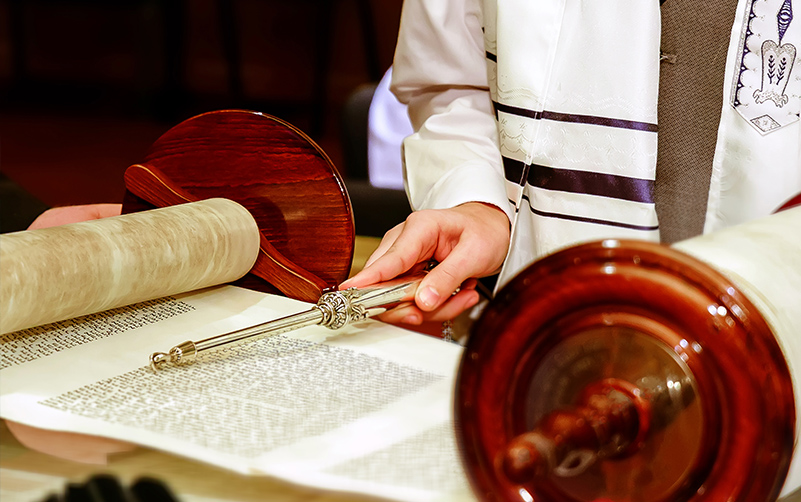
Jewish Funeral Customs Funeral Partners
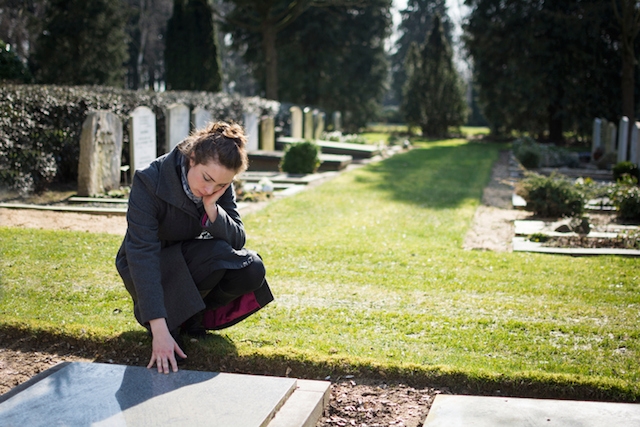
Timeline Of Jewish Mourning My Jewish Learning
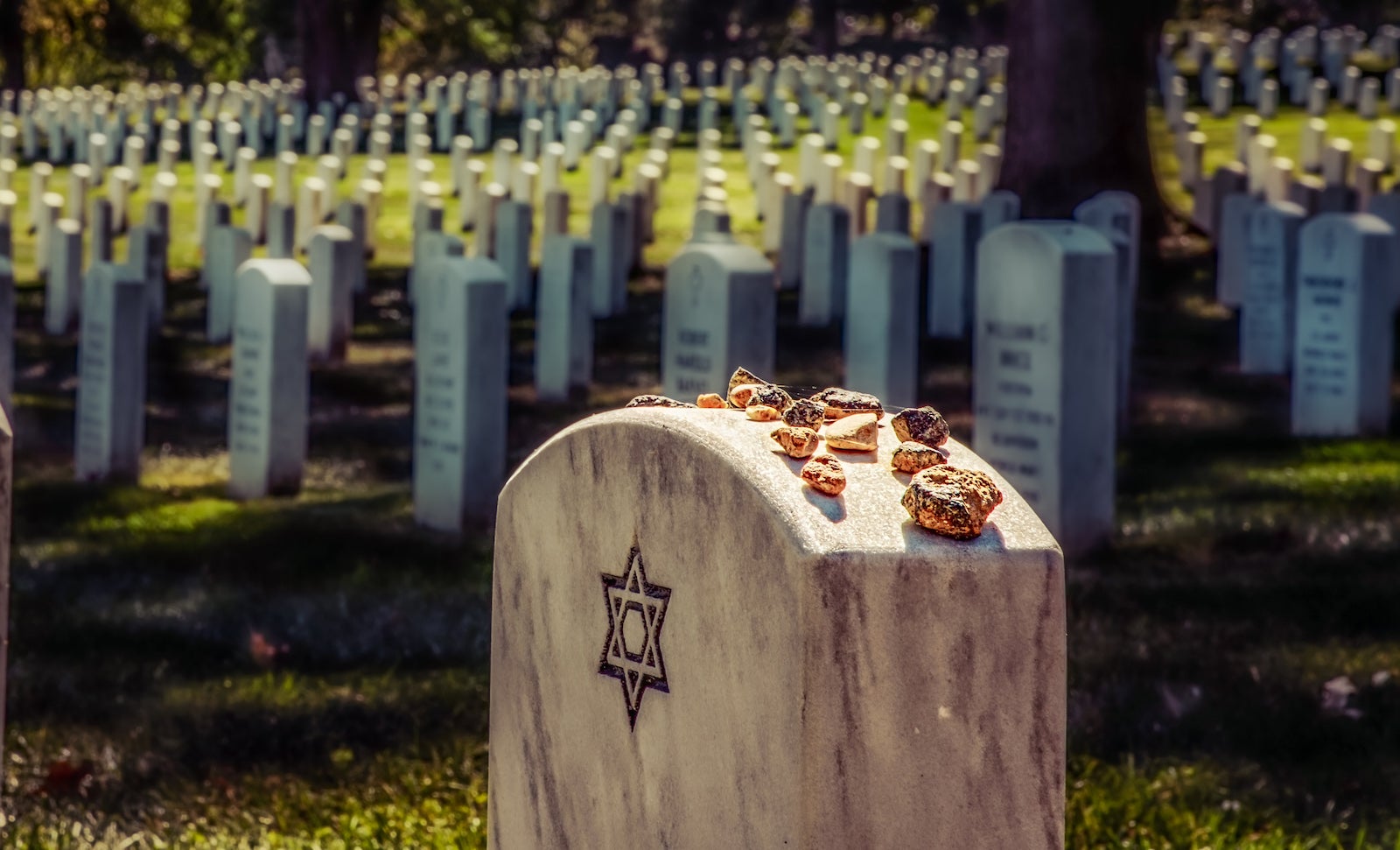
The Afterlife In Judaism Modern Liturgical Reforms My Jewish Learning

Questions Frequently Asked At Goldsteins Faq Torah Green School Mourning

Jewish Mourning Faq My Jewish Learning
The Tomb Of Jesus First Century Jewish Burials Sagu
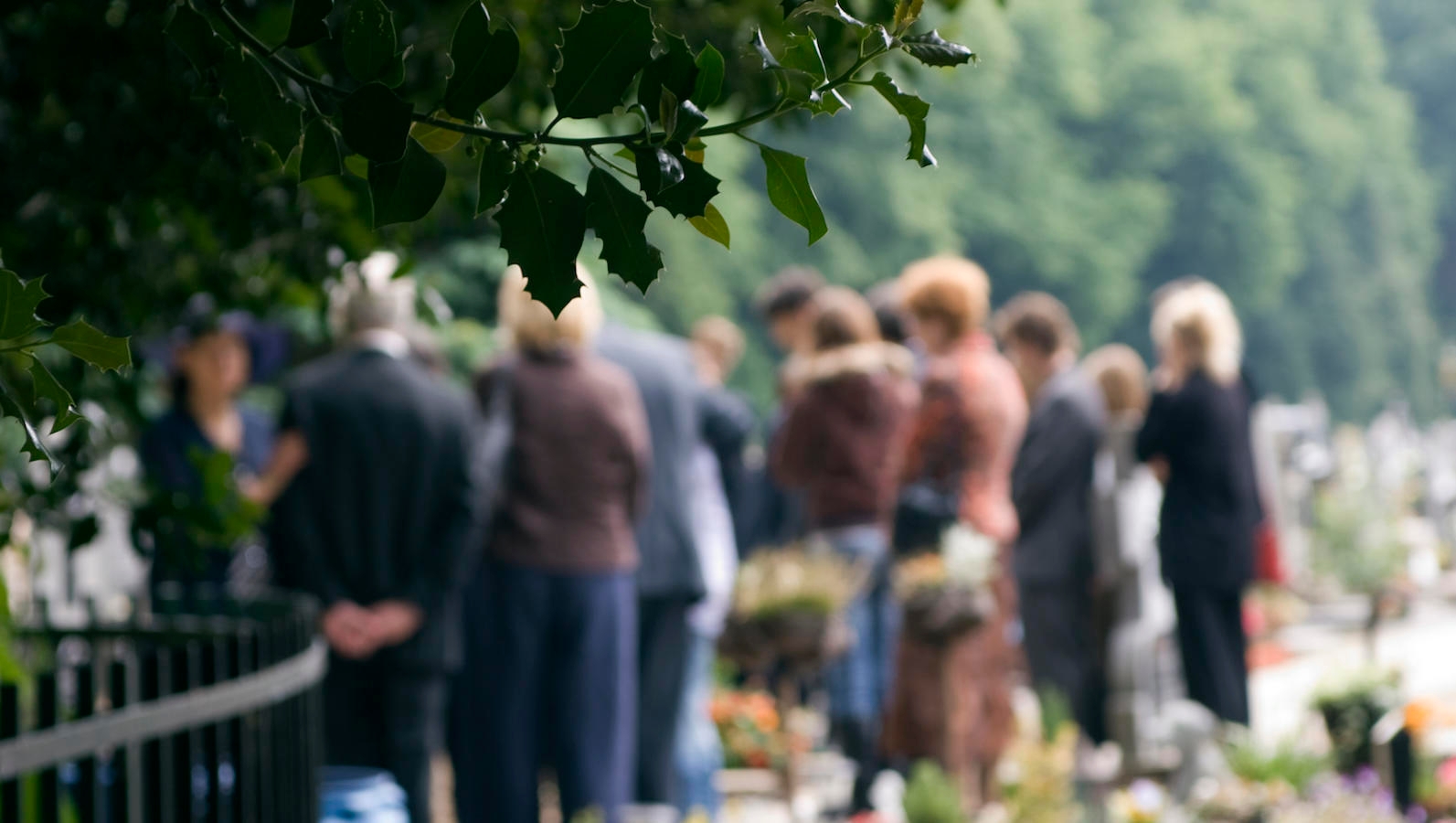
Jewish Mourning Faq My Jewish Learning
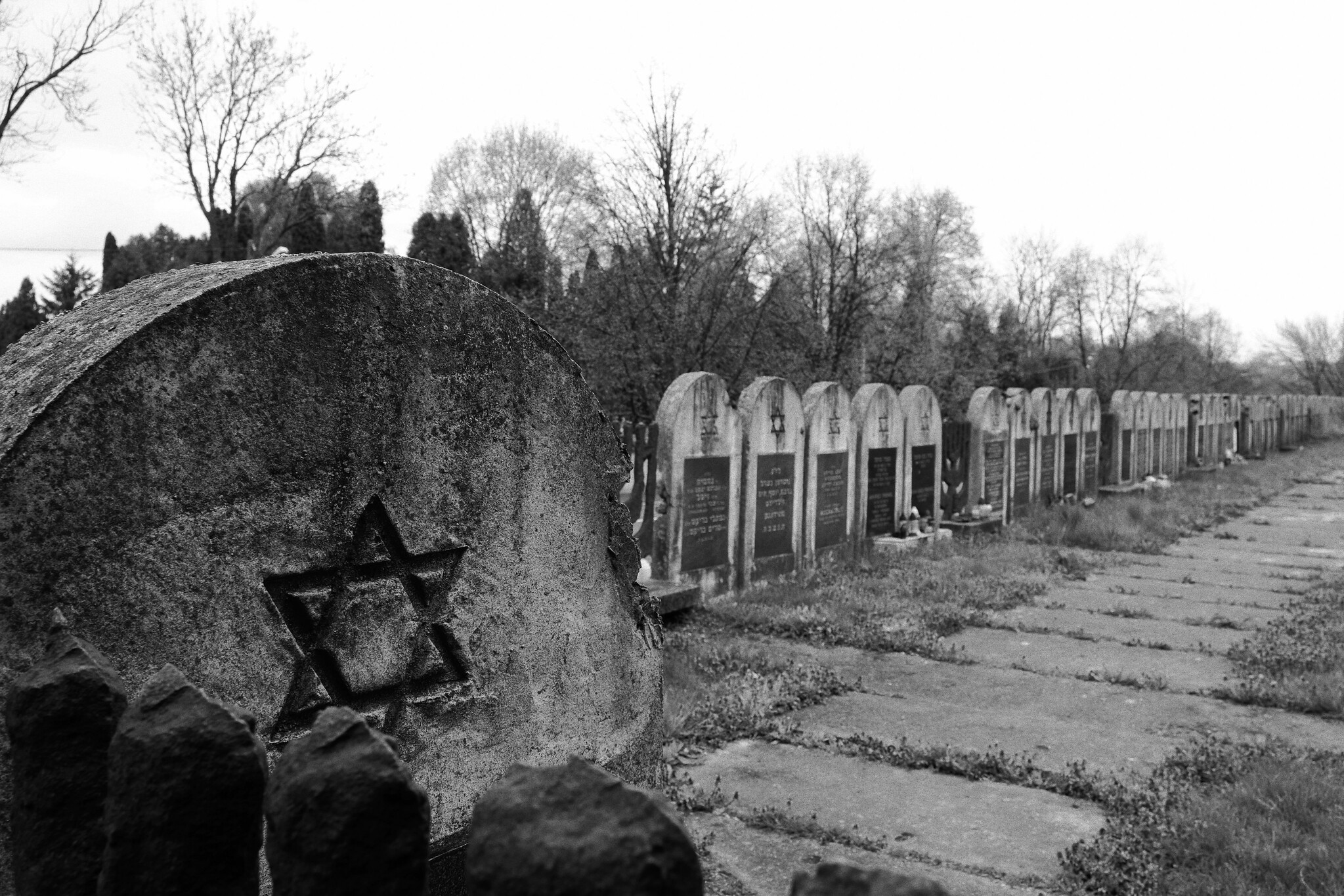
A Brief History Of Jewish Gravestone Symbols Talkdeath

Jewish Funerals What To Expect When You Go My Jewish Learning

How To Plan A Jewish Funeral My Jewish Learning

Timeline Of Jewish Mourning My Jewish Learning
Jewish Funeral Traditions 15 Important Things You Need To Know

Jewish Traditions For Death Burial And Mourning Rohatyn Jewish Heritage
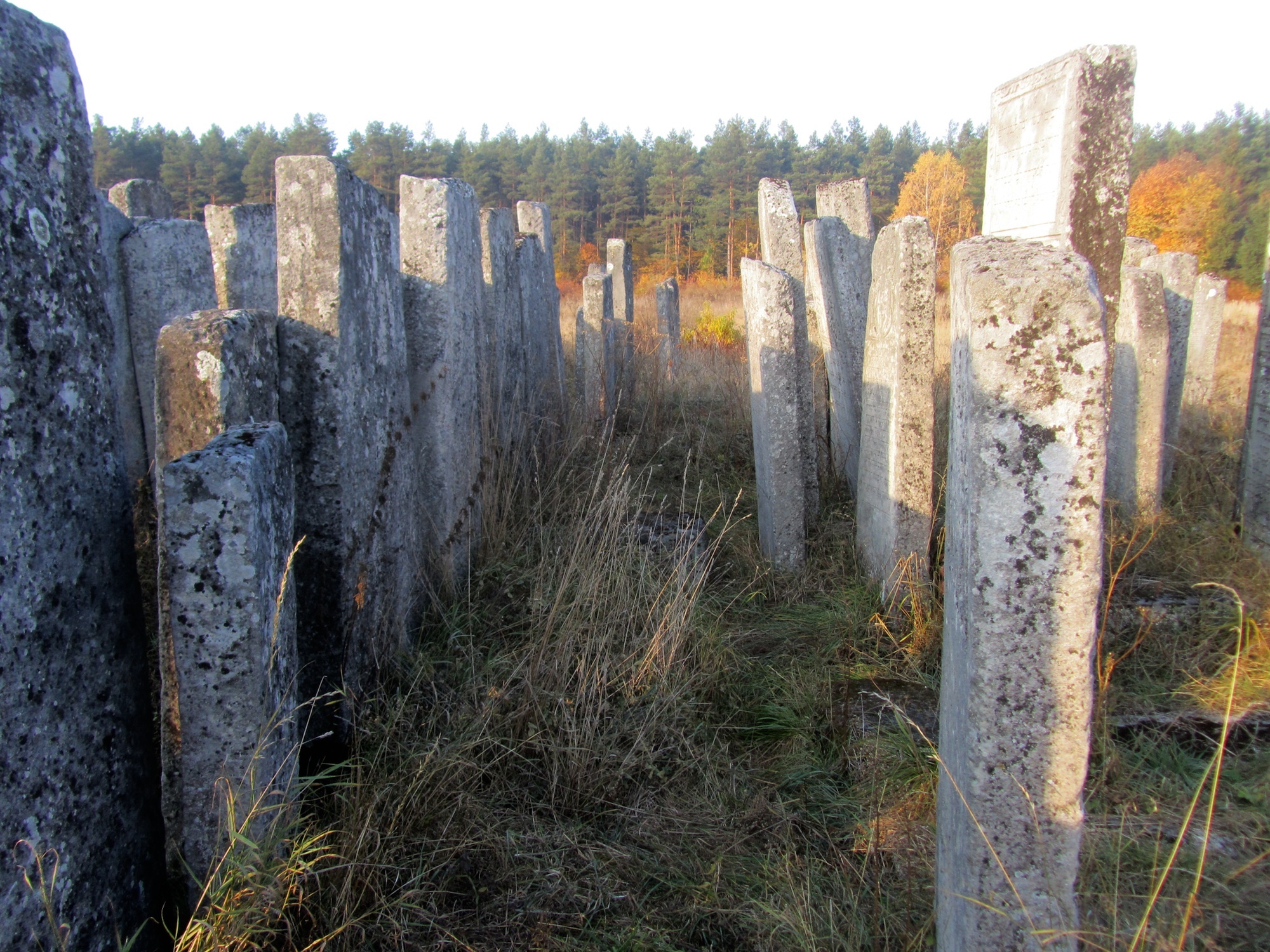
Jewish Traditions For Death Burial And Mourning Rohatyn Jewish Heritage
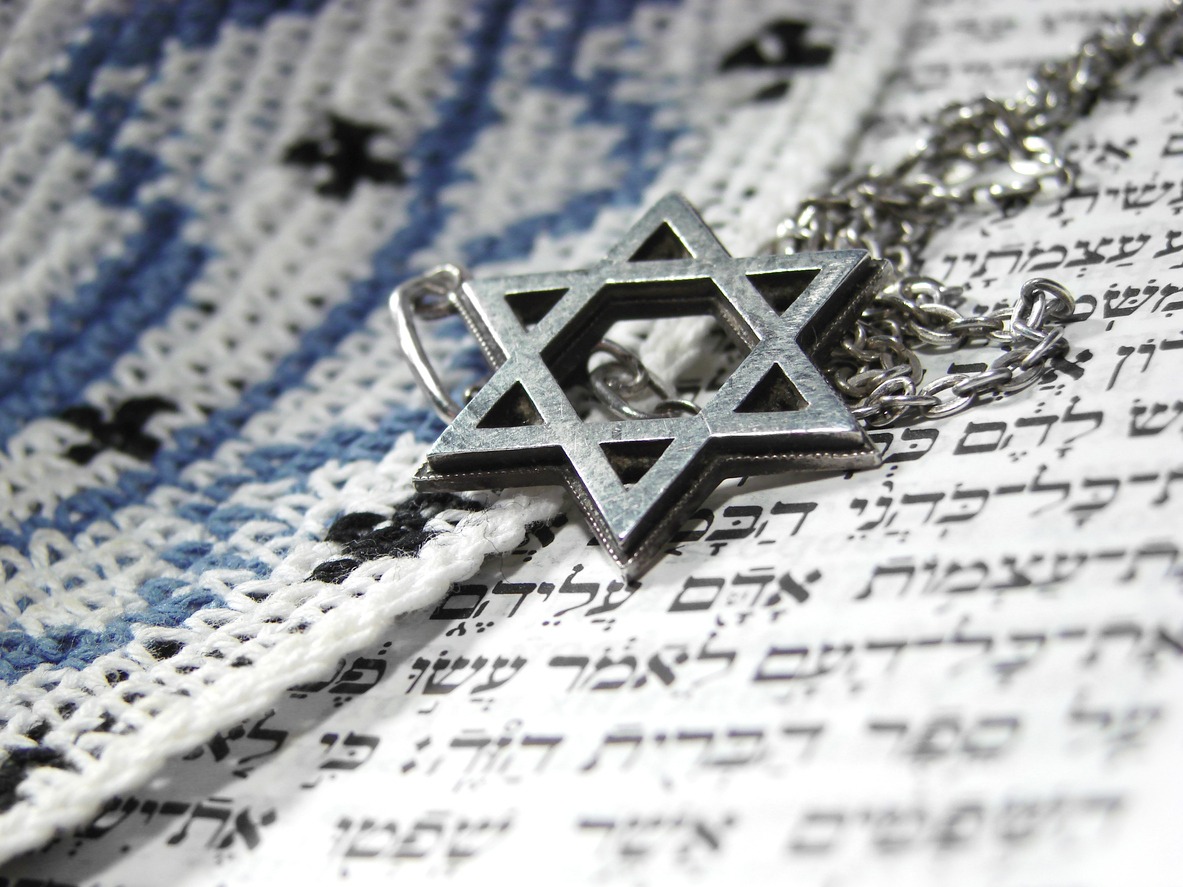
Jewish Funeral Service Rituals And Customs What You Need To Know



